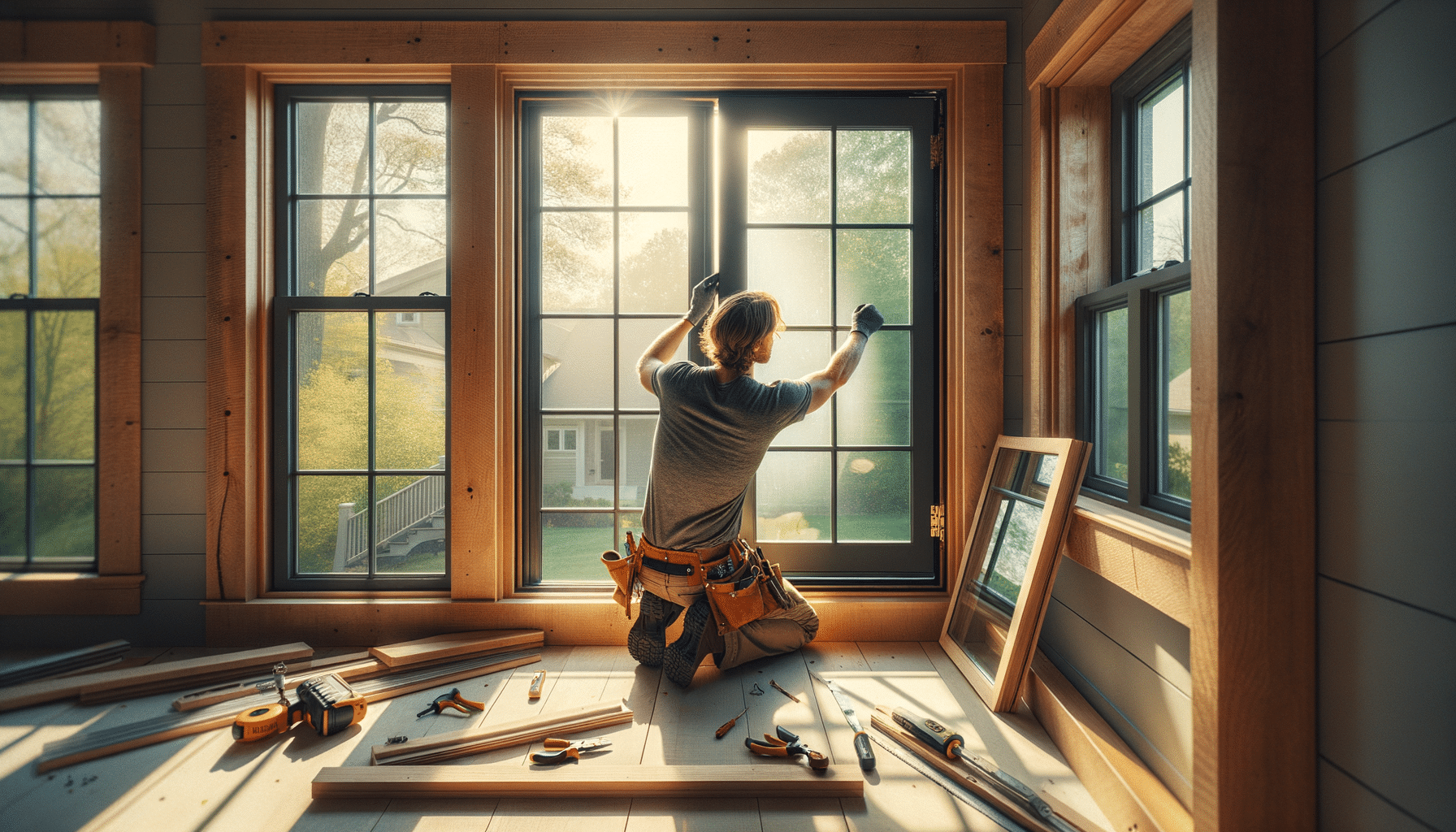
Learn More About Window Replacement
Introduction to Window Replacement
Window replacement is an essential home improvement task that can significantly enhance the comfort, aesthetic appeal, and energy efficiency of a home. Old or damaged windows can lead to increased energy costs, reduced comfort, and even lower property value. Understanding the process and benefits of window replacement can help homeowners make informed decisions that align with their needs and budget.
Why Consider Window Replacement?
There are several compelling reasons to consider window replacement. Primarily, new windows can drastically improve energy efficiency. Older windows often have poor insulation, leading to heat loss in the winter and heat gain in the summer, which increases energy bills. Modern windows are designed with advanced materials that offer better insulation and reduce energy consumption.
Additionally, replacing windows can enhance the curb appeal of a home. With a variety of styles and finishes available, homeowners can choose windows that match their aesthetic preferences, thereby increasing the property’s overall appeal and value. Window replacement also contributes to better noise reduction, which is particularly beneficial in urban areas where external noise can be a disturbance.
Lastly, new windows often come with improved security features that offer increased protection against break-ins. This aspect is crucial for homeowners looking to enhance their home security without compromising on style or functionality.
Types of Windows for Replacement
When considering window replacement, it’s important to understand the different types of windows available. Each type has its own set of advantages that can cater to specific needs and preferences.
- Double-Hung Windows: These are among the most popular choices due to their versatility and ease of use. They feature two sashes that move up and down, allowing for better ventilation.
- Casement Windows: Known for their energy efficiency, casement windows open outward with a crank. They provide a tight seal when closed, making them ideal for energy savings.
- Sliding Windows: These windows slide horizontally and are perfect for rooms that require ample natural light and easy access, such as patios.
- Bay Windows: These windows project outward from the home, creating additional space inside. They are excellent for enhancing views and adding character to a room.
- Awning Windows: Hinged at the top, they open outward and are often used in conjunction with other window types to provide ventilation while protecting from rain.
Choosing the right type of window depends on various factors, including the architectural style of the home, budget, and specific functional needs.
Factors to Consider in Window Replacement
Several factors should be considered when planning a window replacement project. One of the primary considerations is the material of the window frame. Common materials include wood, vinyl, aluminum, and fiberglass, each offering different benefits in terms of durability, maintenance, and cost.
Another crucial factor is the window’s energy efficiency rating. Look for windows with Energy Star certification, which indicates they meet or exceed energy-efficiency guidelines. Features such as double or triple-pane glass, low-emissivity coatings, and gas fills can further enhance a window’s performance.
The installation process is equally important. Proper installation ensures that the windows function as intended, providing insulation and security. It is advisable to hire professional installers who have the experience and expertise to handle the complexities of window installation.
Lastly, consider the warranty offered by the manufacturer or installer. A comprehensive warranty can provide peace of mind, covering potential defects in materials or workmanship.
Conclusion: Making the Right Choice
Window replacement is a significant investment that can yield substantial benefits in terms of energy savings, comfort, and property value. By understanding the different types of windows available and considering factors such as materials, energy efficiency, and installation, homeowners can make informed decisions that meet their specific needs and preferences.
Ultimately, the right window replacement can transform a living space, making it more comfortable, secure, and visually appealing. As you embark on this home improvement journey, take the time to research and consult with professionals to ensure the best outcomes for your home.